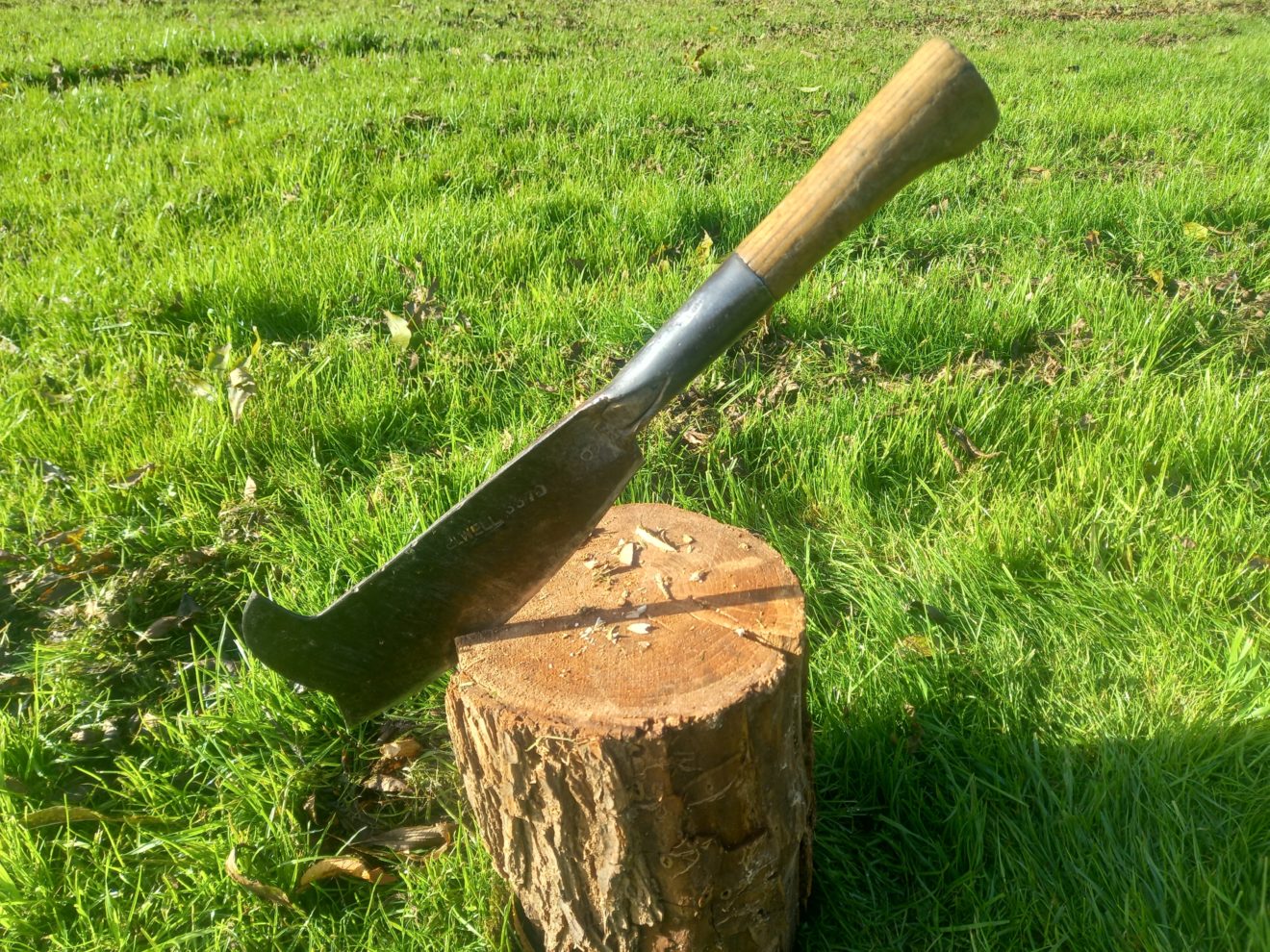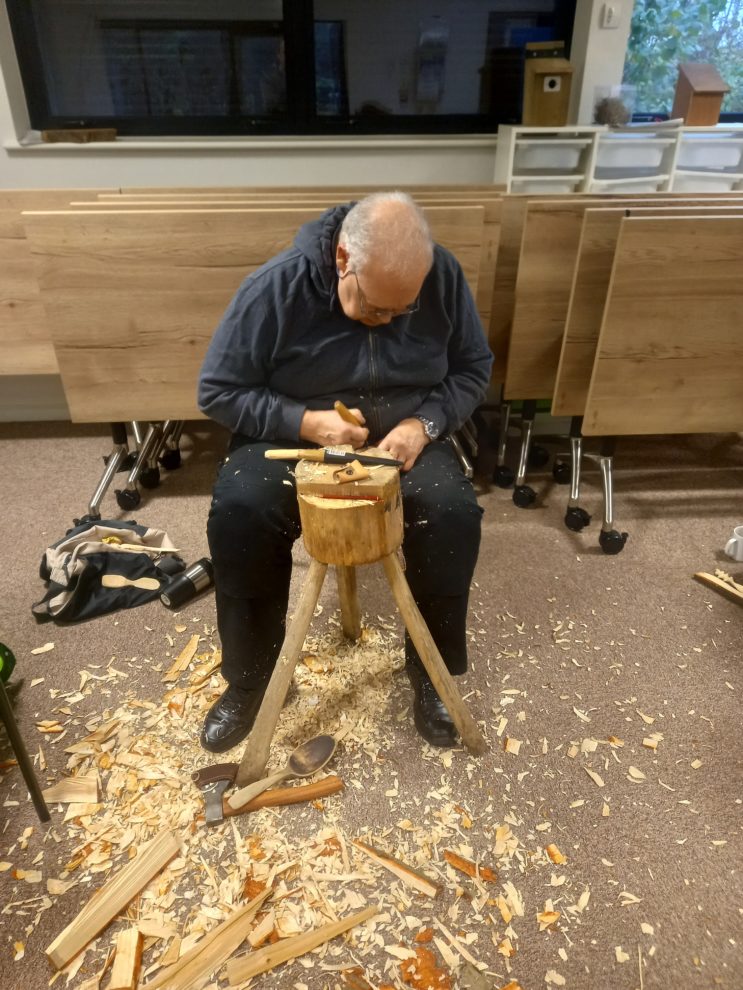Working Woodlands




Written by: Jon Balaam
The Working Woodlands project was established to enable a 4 year programme of wood and woodland related training courses to be run at the Working Woodlands Centre, establishing it as a training hub for both professionals and volunteers. The Greensand Trust’s Working Woodlands Initiative has an overall aim of bringing woodlands into positive management to benefit both wildlife and people.
16 training courses and workshops were attended by over 140 people, including land management professionals and volunteers. An estimated 100 people attended a Woodland Demonstration Day, specifically arranged to engage broader numbers in the types of activities training was being delivered in. Training courses delivered included:
- Basic Tree Inspection
- Hedgelaying
- Chipper Operation
- Small Woodland Management
- Woodland Archaeology
- Tree Pests and Diseases
- Spoon Carving
- Basket Making
- Garden Structures Making
- Christmas Wreath Making
Over ten different trainers led courses, some of which were designed to support woodland managers and volunteers, others were aimed at the general public and involved making things from wood, demonstrating the value of locally sourced products.
Three Woodland Networking events were held, engaging over 40 woodland managers and workers. These were themed around:
- Funding Opportunities
- Developing the sector
- Deer Management
Initially the project involved advisory visits by specialist staff, helping woodland owners and managers develop ideas and options for their woodlands, including signposting to the Greensand Country Third Party Grant Scheme. These became part of an overall contract for the Grant Scheme delivery and were therefore removed from this project.
The project also improved the Working Woodlands Centre as a training facility, with blinds significantly improving blackout capabilities and an interactive screen making presentations clearer and easier to follow.
Achievements
The courses were all well attended, successfully delivered and received very positive feedback. The quality of training delivered was very high.
The Woodland Demonstration Day was a big success, attracting over 100 people to the Working Woodlands Centre to see a range of demonstrations and crafts. Many of those attending, including children, were able to ‘have a go’ at various things including the shave horse, a traditional woodworking practice.
Benefits to People
Participants were professional land managers, local volunteers, and members of the general public. The demonstration day involved a broader range of the community, including families/children. Even those just ‘having a go’ at the demonstration day will have learnt new skills, and obviously those on ‘full’ training courses learnt new skills to a greater depth.
As part of the formal training 19 people achieved a formal accreditation through LANTRA (in chipper operation or Basic Tree Inspection) improving their employability as well as skillset.
Benefits to Heritage & Landscape
Woodlands and their management are certainly better understood, by professionals, volunteers and members of the public. The value of locally sourced wood products is also better understood.
This will hopefully translate into woodlands being in better condition, with owners who have received training bringing neglected woodlands into management, or woodlands that have some management seeing improvement. The degree to which any such changes could be attributed to this project is going to be vary, and is likely to be mainly indirect.
Challenges & Lessons Learnt
The pandemic was the biggest challenge, and resulted in postponement/cancellation of courses. Recovery has only been sporadic.
With hindsight the Landscape Partnership should have employed a training co-ordinator – to deliver across all training elements, rather than a piecemeal approach with in-house staff being used.
































